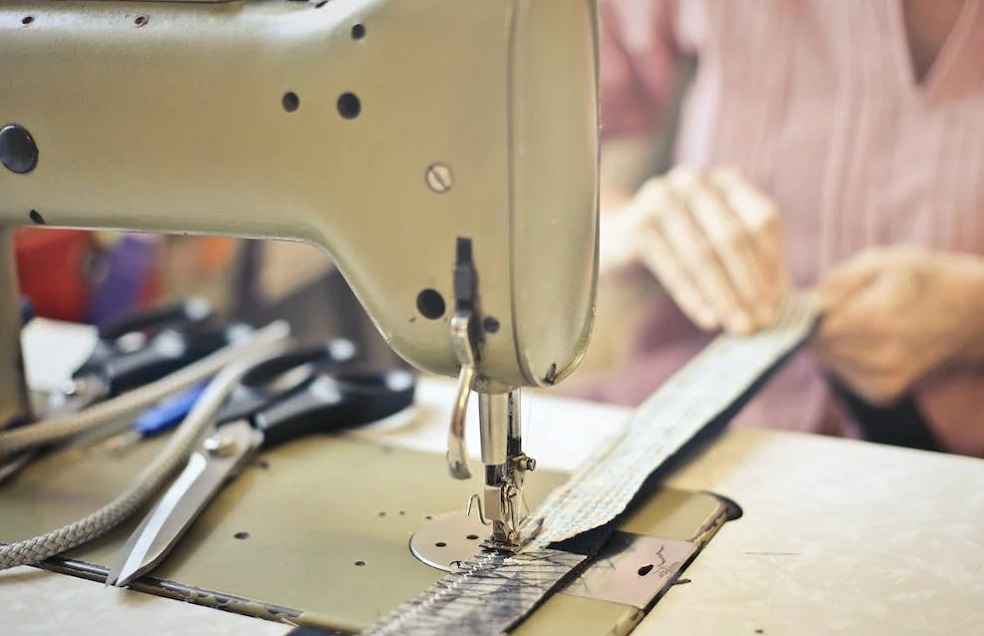India aims to secure customs duty concessions on various goods, including cars, commercial vehicles, and machinery, from Sri Lanka under an expanded free trade agreement (FTA). This push comes as part of ongoing efforts to deepen economic ties, an official revealed.
Efforts also include proposals for easier visa norms, enhancing the mobility of professionals and further strengthening bilateral relations.
Senior officials from both nations recently concluded the 14th round of FTA talks in Colombo. Discussions centered on rules of origin, goods, services, and technical trade barriers.
Sri Lanka, pursuing its interests, requested the removal of apparel export quotas to India and duty concessions on tea and specific agricultural commodities. With elections announced in Sri Lanka, further negotiations are scheduled post-elections.

The current India-Sri Lanka Free Trade Agreement (ISFTA), active since March 2000, has substantially boosted trade by reducing tariffs across various goods. While the agreement focuses on goods, negotiations now aim to expand it into a Comprehensive Economic Partnership Agreement (CEPA), incorporating services, investment, and broader economic cooperation.
The existing FTA allows limited garment imports from Sri Lanka with a 50% tariff concession for up to 8 million pieces annually, contingent on using Indian fabric for 6 million pieces. Additionally, a 50% tariff concession applies to up to 15 million kg of tea from Sri Lanka each year.
The Global Trade Research Initiative (GTRI) highlighted Sri Lanka’s push to eliminate garment import quotas, noting India’s current duty-free import policy for garments from Bangladesh under the South Asia Free Trade Agreement (SAFTA) for Least Developed Countries (LDCs).

Accommodating Sri Lanka’s request poses challenges due to the significant increase in garment imports from Bangladesh, surging from $144.25 million in FY 2014 to $739.06 million in FY 2024, marking a 412.34% cumulative growth. Sri Lanka’s negative list restricts imports of items such as automobiles and electrical goods.
A Sakthivel, Apparel Export Promotion Council Southern Region in-charge, voiced concerns over extending garment concessions to Sri Lanka, citing potential impacts on the domestic industry. “We too make those garments and I think India should not give more concessions,” Sakthivel stated.
Negotiations continue with a focus on balancing mutual benefits and addressing the concerns of both nations. Expanding the FTA to include more goods and services holds promise for enhancing economic cooperation between India and Sri Lanka.
TEXTILE & APPAREL | Bangladesh Holds 2nd in Global Garment Exports Despite Data Discrepancies



